Outside the rugby superhighway of the A316, linking Richmond, Rosslyn Park, the Quins and HQ, it’s hard to imagine anyone who cares about rugby not on their feet cheering Scotland’s miraculous recovery in the Calcutta Cup finale to the Six Nations. To say England are disliked by the rest of the rugby world doesn’t really do justice to it. On Lions tours, the English are famous for being outsiders — apart from Martin Johnson, and we know how well he got on with the blazers.
So how on earth did a tiny rugby nation like Scotland humiliate mighty England (and though it was a draw, make no mistake: England were humiliated)? Scottish rugby has always been a smaller sport, played by middle-class schools in the cities and border mill towns. But when the mills went so did the Border Reivers, and eventually the Scots were left with two pro teams, Glasgow and Edinburgh. That’s about 70 professional players —and not all are Scottish–qualified. England have 24 pro teams, or more than 800 professional players. And though, again, not all are England-qualified, that’s still one hell of a difference in resources.
So what happened? There’s clearly a big question mark over Owen Farrell’s game management and leadership skills when things start going wrong. A brilliant player and, as Eddie Jones never tires of telling us, a warrior; but can he put things right on the pitch? He’s like a rookie golfer putting to win the Open, who gets a rush of blood and hits it three feet past the hole. Oh for a Johnno… but can Farrell learn those skills?
Despite having by far the greatest resources of any rugby nation, England keep getting shown up by much smaller ones. Should they change captain before the World Cup? There’s a good argument for Dylan Hartley, if he can get into the team; or Maro Itoje, if he can rein in just a bit of the hot-headedness that makes him the player he is. Wales have two great on-field leaders in Alun Wyn Jones and Jonathan Davies. Farrell is a superb player but not in the same rank as a leader.
And quite how good is Eddie Jones? As with José Mourinho, that swaggering self-assurance seems funny and appealing when things are going well. But when they’re not it can start looking pretty stupid. Jones’s latest tactic is to blame the psychological trauma inflicted during Stuart Lancaster’s regime in the 2015 World Cup. Eh? Come on Eddie: that’s a fairly miserable attempt to shift the blame, and you certainly didn’t mention it when your boys were winning. All your players have proved their mental strength at club level or they wouldn’t be playing for England. So maybe the problem is with you Eddie, your methods and leadership.
Here’s a question. Which football match at the weekend was watched by 60,739? It was in Madrid, naturally, where Atlético Madrid were playing Barcelona. Yet, what’s important is that this was the Spanish women’s league, and England’s Toni Duggan was one of the Barça scorers. It was a record attendance for a women’s domestic match in Europe, and way ahead of the top attendance for an English women’s game. But that’s a lot of women’s football fans and clearly shows something is happening.
There was another record for women’s sport at the weekend with 13,278 at Twickenham to see England destroy Scotland 80-0. Meanwhile at Cheltenham, women jockeys took most of the headlines: brilliant, joyous Bryony Frost, Rachael Blackmore and Lizzie Kelly all rode winners. It’s good to see that the Telegraph has recognised this with a section devoted to women’s sport and featuring a plush selection of writers, including Dina Asher-Smith, Judy Murray and Maggie Alphonsi. Expect imitations in the rest of the media soon.
Got something to add? Join the discussion and comment below.
Get 10 issues for just $10
Subscribe to The Spectator Australia today for the next 10 magazine issues, plus full online access, for just $10.
You might disagree with half of it, but you’ll enjoy reading all of it. Try your first month for free, then just $2 a week for the remainder of your first year.


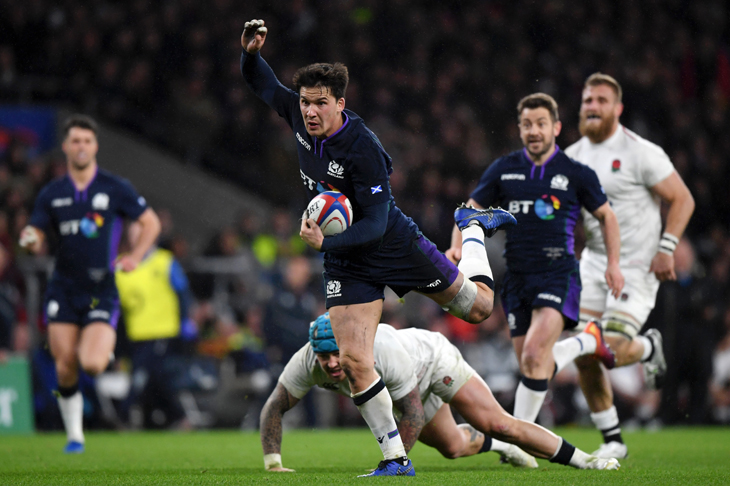
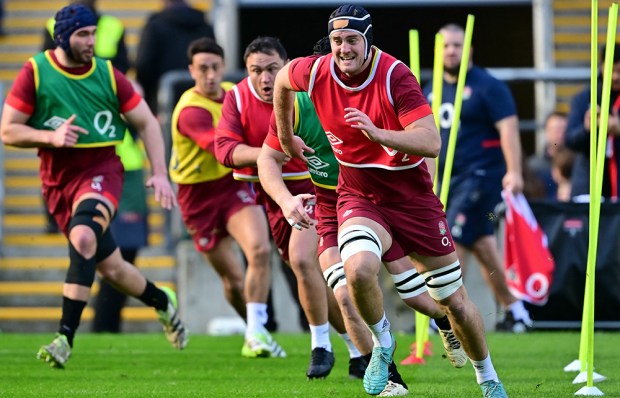
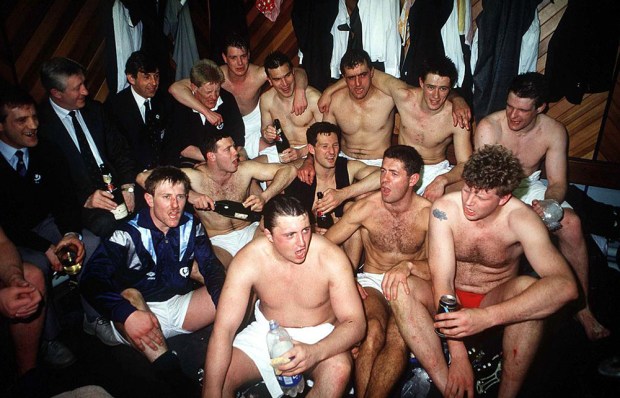

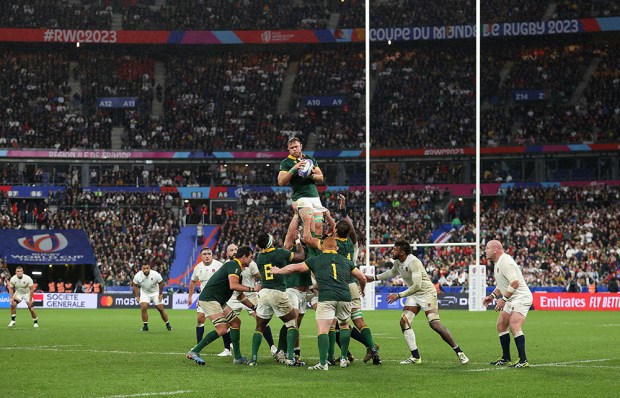
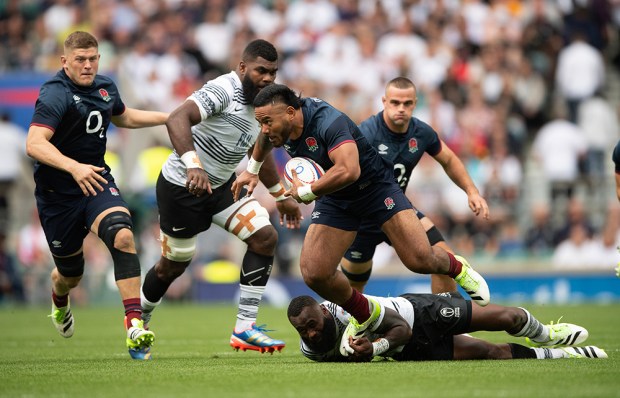







Comments
Don't miss out
Join the conversation with other Spectator Australia readers. Subscribe to leave a comment.
SUBSCRIBEAlready a subscriber? Log in